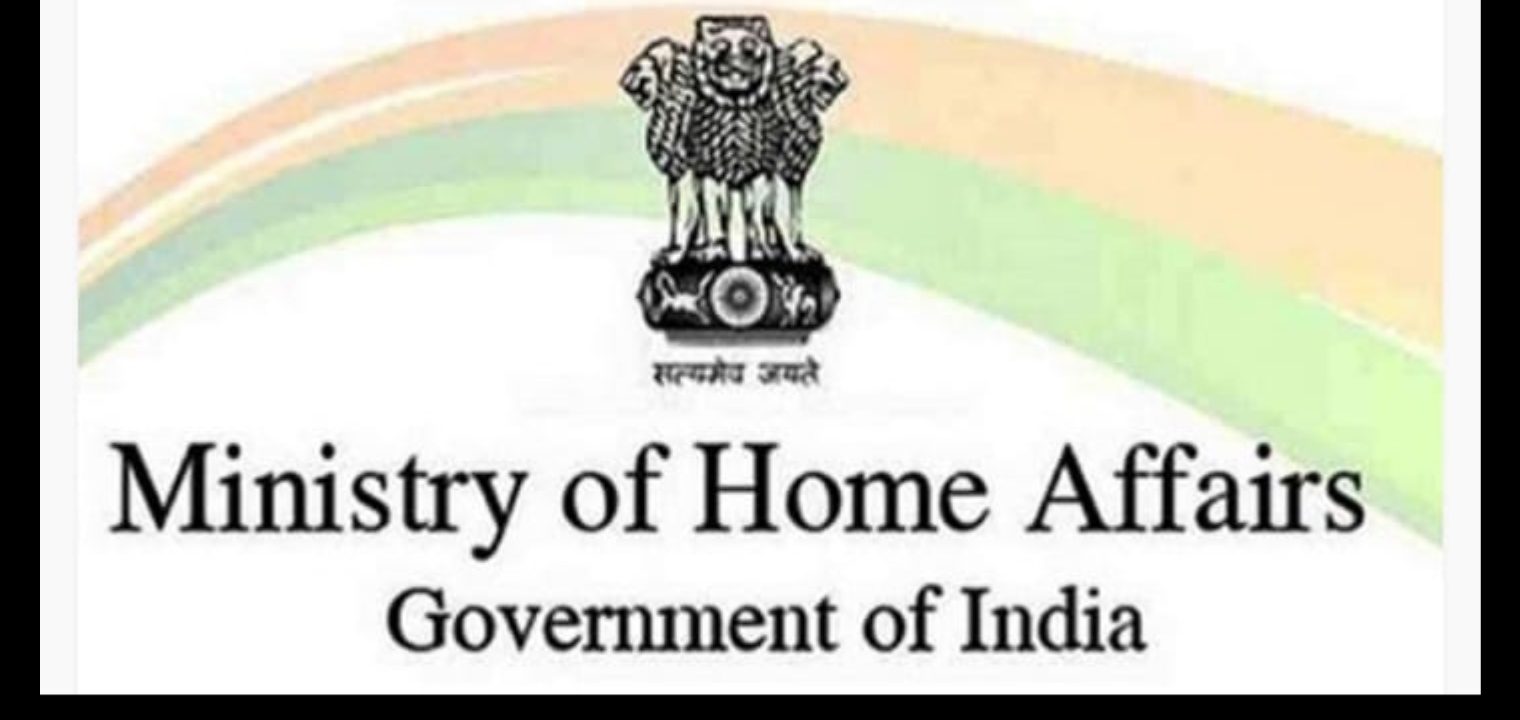Avoid Naming Acting DGPs, Follow SC’s Guidelines: MHA To States –
Nagaland Page
NEW DELHI, FEBRUARY 18: Days after The Indian Express reported on the trend of State Governments not appointing regular police chiefs despite the availability of eligible officers, the Ministry of Home Affairs (MHA) has told “defaulting” States to follow the Supreme Court’s directives on such appointments.
Sources said a letter was sent last week from the office of the Union Home Secretary to the Chief Secretaries of 7 States that have temporary DGPs officiating as police chiefs. These States are Uttar Pradesh, Andhra Pradesh, Telangana, Punjab, Uttarakhand, Odisha and West Bengal.
An official of the Ministry, which is the cadre-controlling authority for the Indian Police Service, said the letter underlined SC directives on appointment of DGPs in the Prakash Singh case. The letter, the official said, has told States citing SC directions that temporary or “acting DGPs” are to be avoided and appointed only in exceptional circumstances. It said States must follow the apex Court’s directions on appointing regular DGPs with a tenure of 2 years.
“We keep reminding the defaulting States that they must follow SC directions and Union Public Service Commission guidelines on appointment of DGPs. This letter has been sent as part of the same exercise”, a senior Home Ministry official said.
Asked if a similar letter has also been sent to the Jammu and Kashmir administration, an official said the SC directions are understood to be applicable to States and not Union Territories.
On February 1, The Indian Express had flagged the case of the 7 States mentioned above as well as that of J&K. The appointments acting DGPs are typically made by handing the additional charge of the police chief’s post to a DG-rank officer in the State holding some other responsibility.
Such action is in violation of the SC guidelines on DGP appointments in the Prakash Singh case and the guidelines issued by the UPSC. The apex Court has said no temporary or ad hoc appointments of police chiefs must be made barring exceptional circumstances. UPSC guidelines say States must send a list of eligible officers, with at least 3 senior-most officers, to the Commission 6 months before the retirement of the incumbent DGP.
Sources in the administration of these States, however, pointed out “flaws” in the SC judgment in the Prakash Singh case. They said the order is such that UPSC invariably chooses the 3 senior-most police officers from the list sent to it by the States and the State Government is forced to choose one among them. The CM should have some discretion over who is best suited to lead the police force. The Government’s choice may not necessarily be among the 3 senior-most, they said.
While Andhra Pradesh, Telangana, UP and Punjab have had such temporary DGPs for almost or more than a year, 3 other States, Uttarakhand, Odisha and West Bengal, and the Union Territory of J&K, have recently appointed “acting DGPs”.
Uttar Pradesh has had 4 acting DGPs in the past 20 months. The Uttar Pradesh Government on January 31 appointed Director General (Law & Order) Prashant Kumar as its acting DGP. He replaced Vijay Kumar, who, too, was an acting DGP. Prashant Kumar is 17th in the seniority list of IPS officers available for DGP’s position in the State.
(Courtesy: IE)


